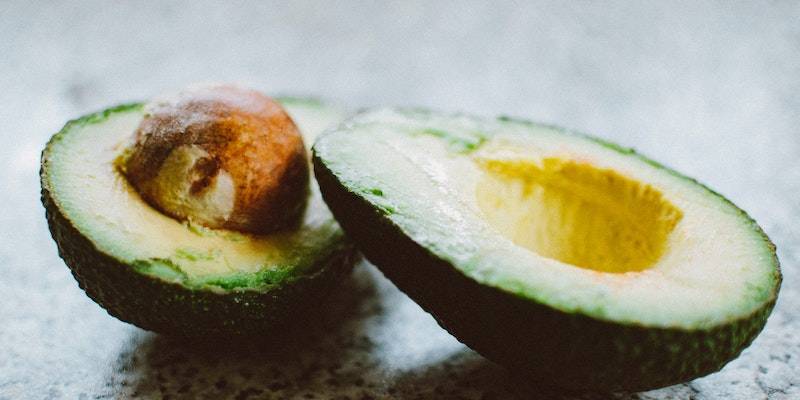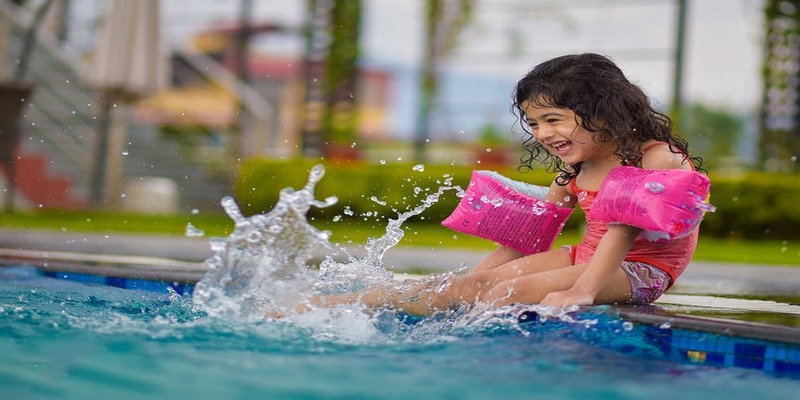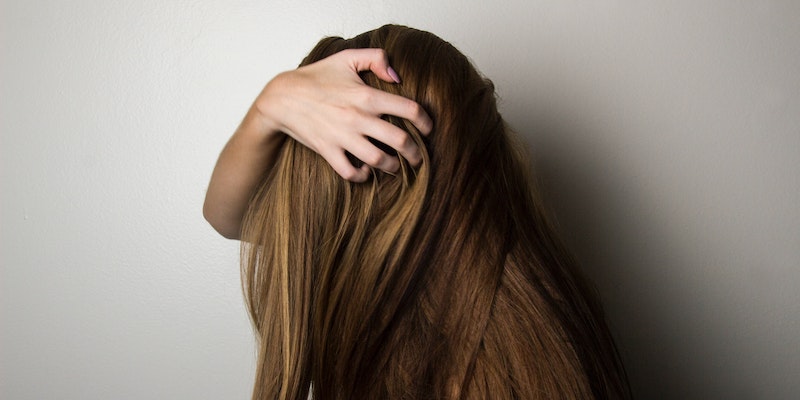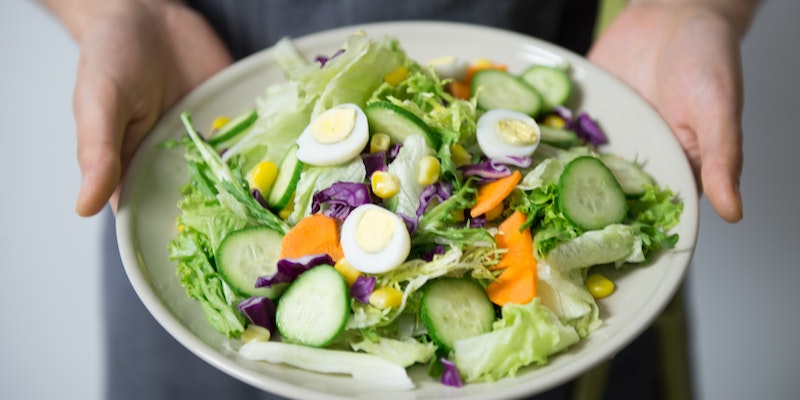Coping with an annoying pimple is a common challenge, but when that seemingly harmless blemish becomes infected, it can escalate into a distressing and painful ordeal. Infected Pimples typically bring along redness, swelling, and discomfort, adding an extra layer of frustration. Fortunately, you don't have to face this challenge alone.
In the following article, we'll accompany you on a journey to discover the most effective ways to address Infected Pimples and reclaim the clarity and vitality of your skin. Together, we will delve into the root causes of Pimple Infections, explore comprehensive preventive measures, and analyze the array of effective treatment options available.
By the end, you'll be armed with the knowledge to ensure your skin remains radiant and free from blemishes.
Understanding Infected Pimples
Infected Pimples can be painful and unsightly, but understanding their underlying causes is the first step in effective treatment. Let's delve into what triggers these infections and how they progress.
What Causes Pimple Infections?
Inflamed pimples occur when hair follicles or pores become blocked, usually due to the buildup of oil, dead skin cells, and bacteria. The predominant bacteria, Propionibacterium acnes, proliferate in these obstructed areas, provoking an inflammatory response and leading to infection.
It's imperative to note that risk factors, such as inadequate hygiene practices, the temptation to squeeze or pick at pimples, and hormonal fluctuations, can significantly elevate the susceptibility to these infections.
The Stages of Pimple Infection
Understanding the stages of Pimple Infection, from initial inflammation to the development of pus, can help in determining the appropriate treatment strategies. It's essential to recognize these stages as they affect the choice of treatment. Early-stage infections may benefit from different approaches than those in later stages.
Identifying Infected Pimples
Learn to distinguish between a regular pimple and an infected one. Identifying the signs and symptoms of infection is crucial for timely treatment. These signs include increased redness, pain, swelling, and the presence of pus. By identifying infection early, you can take action to prevent it from worsening.
Preventive Measures for Pimple Infections
Now that you comprehend the dynamics of Infected Pimples let's explore proactive measures to keep them at bay and maintain clear, healthy skin.
Maintaining Good Skin Hygiene
One of the key steps in preventing Pimple Infections is maintaining good Skin Hygiene. This includes washing your face twice a day with a mild cleanser, avoiding harsh scrubbing, and using non-comedogenic (non-pore-clogging) skincare products. Proper hygiene forms the foundation of healthy skin, and a consistent routine can prevent pimples from becoming infected.
Hands Off! The Dangers of Picking and Squeezing
Resist the urge to pick or squeeze pimples, as this can introduce more bacteria and increase the risk of infection. Additionally, it can lead to scarring and prolonged healing. It's crucial to exercise self-control and avoid practices that can worsen the condition.
Adjusting Your Diet
While experts continue to debate the connection between diet and acne, a diet that includes plenty of fruits, vegetables, and whole grains can still contribute to the promotion and maintenance of healthy skin. Reducing your intake of high-glycemic foods and dairy products may also help. While dietary changes may not be a guaranteed solution, they can contribute to overall skin health and reduce the likelihood of pimple outbreaks.
Effective Treatments for Infected Pimples
Armed with knowledge, it's time to consider the best strategies to treat Infected Pimples and regain your skin's natural beauty.

Topical Solutions
Over-the-counter topical treatments containing benzoyl peroxide, salicylic acid, or sulfur can help to dry out and disinfect the pimple. Apply these products as directed, and remember to moisturize your skin to prevent excessive dryness. Topical treatments are a popular choice for many individuals, providing an accessible and effective way to manage Pimple Infections.
Antibiotics
In cases of severe or persistent infections, a dermatologist may prescribe antibiotics, either in topical form or as oral medication. Antibiotics work by reducing the number of acne-causing bacteria. Consulting a dermatologist is essential for severe cases, as they can prescribe appropriate antibiotics to target the infection from within.
Warm Compresses
Applying a warm compress to the infected pimple can help reduce pain and swelling. This technique promotes the pimple's drainage, accelerating the healing process. Be sure to use a clean cloth and follow safe guidelines. Warm compresses are a simple yet effective home remedy that can alleviate discomfort and expedite recovery.
Home Remedies
Some Home Remedies, such as applying aloe vera gel, tea tree oil, or honey, can be beneficial in treating Infected Pimples. These natural options have antibacterial and anti-inflammatory properties. However, exercise caution and discontinue use if any adverse reactions occur. Natural remedies offer gentler alternatives for those who prefer a holistic approach to skincare.
When to Seek Professional Help
Persistent infections require professional guidance. Let's discuss when it's crucial to consult a dermatologist for specialized assistance and interventions.
Persistence infection
If an infected pimple persists for an extended period or recurs frequently, it's advisable to consult a dermatologist. They can provide tailored treatment options to address your specific needs. Dermatologists have access to advanced treatments and can assess your unique situation to recommend the most suitable solutions.
Risk of Scarring
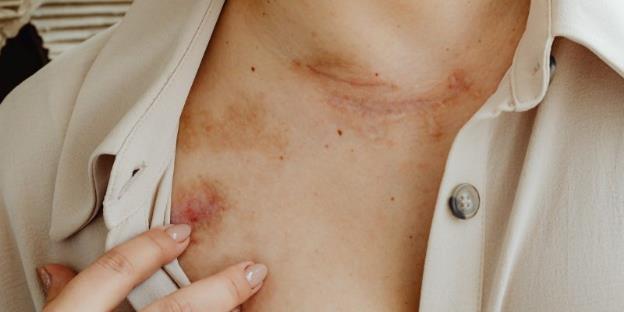
Picking, squeezing, or attempting to pop an infected pimple can lead to scarring. If you notice signs of scarring or changes in your skin texture, consult a dermatologist for specialized advice and treatments to minimize scarring. Early intervention can prevent long-term scarring, so it's essential to seek professional help promptly.
Conclusion
Infected Pimples can be a source of discomfort and self-consciousness, but with the right knowledge and practices, you can effectively manage and treat them. Understanding the causes, practicing preventive measures, and exploring treatment options will empower you to regain clear, healthy skin.
Remember, patience is key, and avoiding the urge to squeeze or pick at pimples is a fundamental step in the process. In cases of persistent or severe infections, don't hesitate to seek professional help from a dermatologist who can provide personalized solutions.
Your skin's health is worth the investment of time and care. By following these comprehensive guidelines, you can restore your skin's clarity and maintain a radiant, blemish-free complexion.

